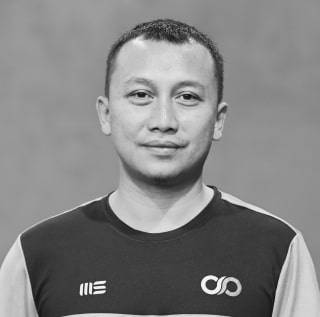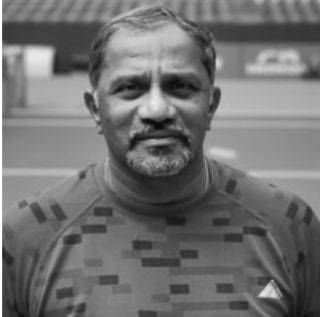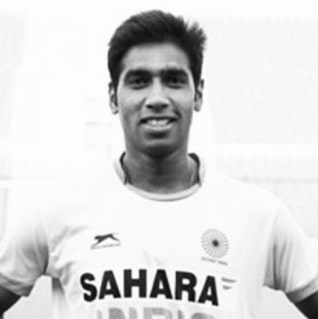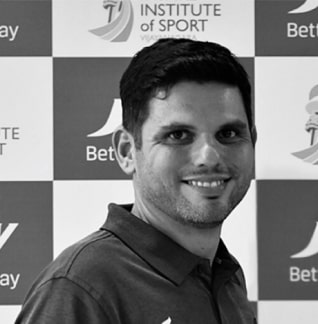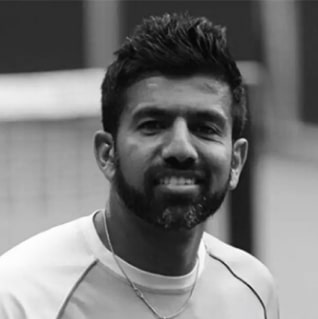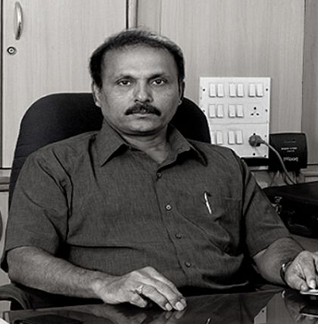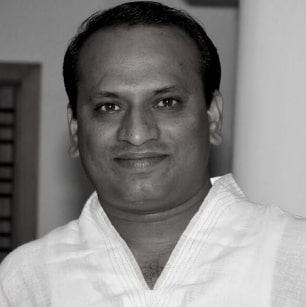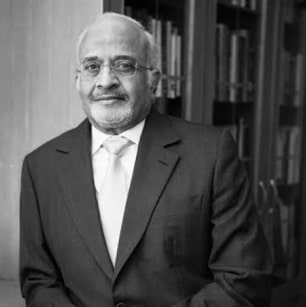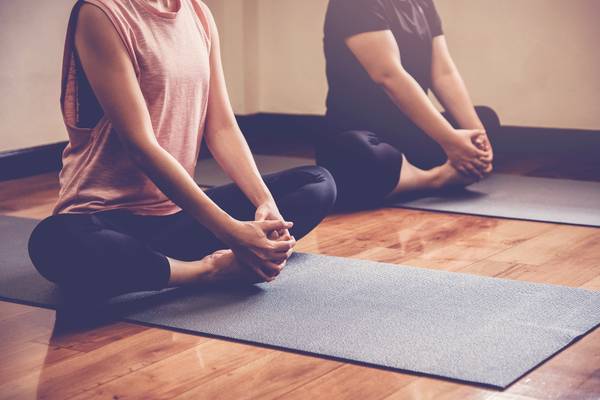
Dealing with Pre-Competition Anxiety
Athletes often find themselves in a tight spot right before a big game, and that is human nature. But, when these episodes of nervousness and anxiety are not managed efficiently, they take a toll on the game.
Pre-competition anxiety is an uneasy feeling, usually, tension and low concentration that an athlete experiences before an event. It is characterized by sweaty palms, sleep disturbance, agitation, and in some cases, a loss of appetite.
Anxiety is broadly classified into two types:
● Trait anxiety: This is a chronic condition in which anxiety is a part of that person’s personality.
● State anxiety: This is a temporary feeling of anxiety, which occurs due to an event or state.
Sportspersons usually suffer from state anxiety that occurs before a match, since they are put under a great deal of pressure, not only to win but also to be the best. This condition slowly leads to competitive state anxiety.
The unpredictability around sports is the major contributor to athletes’ anxiety and nervousness. It can be about the outcome of a particular match, their performance, and their opponents’ capabilities.
The magnitude of a match also plays a huge role. More significant the game, the higher the expectation, and hence, the higher the level of anxiety. From not being in form for a particular match to an entire season, anxiety can hamper an athlete’s career. All these factors hinder their performance, and they end up paying a hefty price.
So how to deal with such kind of pressure and not fall prey to anxiety?
Games can be very demanding, and it becomes crucial to channel your energy in your favor. To do so, athletes practice stress bursting techniques, and we’ve listed some of them here:
1. Mindful visualization
Many athletes practice visualization to enhance their performance and manage stress. For this method to work, close your eyes, and concentrate on your breathing. Now imagine that you are competing against your opponent in a match, and create a winning situation. If you still feel tense, concentrate on your breathing, and calm your nerves down.
2. Relaxation techniques
A focused and calm mind always works in favor of an athlete. Some of the standard relaxation techniques are:
- Five breath technique: This a simple yet effective method to control stress right before a match. This requires you to breathe deeply and evenly from your nose and exhale from your mouth. With the first breath, let your face and neck relax. With the second one, ease out your shoulders and arms. By the third breath, allow your chest, gut, and back to unwind, and with the final one, relax your whole body.
- Centering: This technique is called centering as it concerns itself with the center of your body. Firmly fix your feet on the ground, and make sure they’re shoulder-width apart. Close your eyes and breath deeply. While inhaling, notice that a certain tension is created in your upper body, and it becomes much calmer with exhaling. Continue breathing heavily and concentrate your attention on the area immediately behind your naval. To make this process more efficient, emphasize the words that encapsulate the feelings and focus you desire.
- Progressive Muscle Relaxation: This technique has been proven extremely effective if you’re suffering from a social anxiety disorder. For this to work, find a calm place to lie down or sit in a chair. Ease out your muscles and close your eyes. Now, with each breath, concentrate on a set of muscles and let the rest of your body relax. While inhaling, tense those muscles for 5-10 seconds and loosen up as you exhale. Progressive muscle relaxation works wonders in games with breaks such as tennis, football, and basketball.
- Yoga and meditation: Yoga and meditation can be remarkably helpful for stress management and dealing with anxiety. Practicing it daily can be beneficial for your physical and as well as your mental health. It can channel how a person reacts to stress and pressure and helps them work on their concentration.
3. Cognitive reconstruction
Cognitive reconstruction is a psychotherapeutic process that helps people identify and change their negative thinking patterns. It can help them reconstruct their views on competition and function more efficiently when it comes to pre-competition anxiety.
4. Focus on What is in Your Hands
We often try to control external factors and forget to focus on what is under our control. It is essential to work towards improving things we have a command on and learn the art of letting go. Every game has something in it for us. You either win, or you learn. Your attitude towards a specific situation helps you deal with it more carefully.
Our mind is our greatest weapon; it is up to us how we train it. If we understand its power, it can do wonders in our favor.







